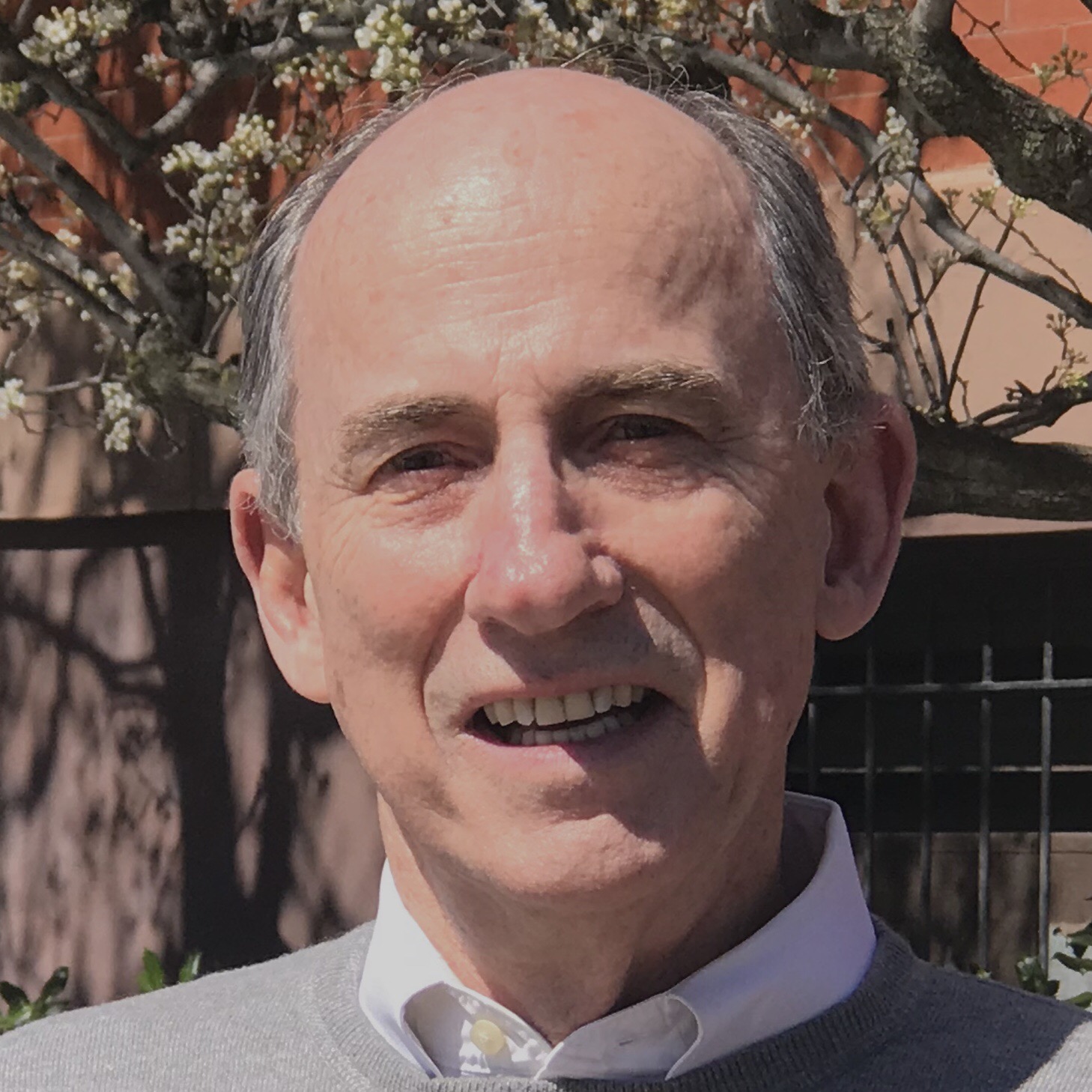On Lincoln's Relentless Compassion
- John O’Brien

- May 24, 2021
- 2 min read
By John O'Brien
Washington D.C.
Monday, May 24, 2021
A friend of the Lincoln Group and chronically sensible writer from the Finger Lakes region of New York, Joel Freedman, recently published two articles commending the range of Abraham Lincoln's humaneness in an indifferent society . They covered quite different aspects of the president’s personality though they ultimately settle on his remarkable humanity.

Freedman wrote that that Lincoln certainly believed that Black Lives Matter (Canandaigua (NY) Daily Messenger, March 25, 2021). Freedman was perturbed about the movement in San Francisco to remove Lincoln’s name from an elementary school. Lincolnian.org had a story about that (“San Francisco Keeps Lincoln Name on School,” Ed Epstein, April 7, 2021), but Freedman took on the larger issue of those who reject that any good could come from an era that built wealth on the bodies of enslaved human capital.
Books by Doris Kearns Goodwin and Eric Foner, Freedman wrote, credit Lincoln for following up on the Emancipation Proclamation (itself, an amazingly daring step) with his extraordinary energy to pass the 13th Amendment. Freedman looked to the recent CNN series (Lincoln: Divided We Stand) for a seminal observation on Lincoln’s racial attitudes. He was known to have occasionally expressed viewpoints that today are considered racist. But, Goodwin asserts that “armies of scholars investigating every aspect of Lincoln’s life, have failed to find a single act of racial bigotry on his part.” His overriding political philosophy was that all people were entitled to the natural rights enumerated in the Declaration of Independence. This was not commonly accepted and drove southern states to revolt when he was elected. Historian John Blake described Lincoln as a product of rural, western upbringing where the learned behaviors regarding Black people came from slaveowners and minstrel shows. Blake suggested that “we should stop asking if Lincoln was a racist, in favor of a better question: ‘How did a racist become the Great Emancipator?”
The other topic Freedman developed beyond Lincoln's care for oppressed people was his affection for animals (Abraham Lincoln was Devoted to Animals, CDM, March 4, 2021). From saving turtles from his barbarous schoolmates, to keeping a menagerie in the White House, to starting the practice of pardoning turkeys, Lincoln had a well-established reputation for kindness to all species. He once said, “I care not for a man’s religion, whose cat or dog is not the better for it.” (He made similar observations about clergy who claimed slavery to be ordained by God).
Freedman concluded that Lincoln deserves to remain a national hero for his humility in greatness, his honesty, integrity, and kindness. There can be no stronger testament to his sincerity in wishing “malice toward none and charity for all,” than his manifest respect for protecting the most vulnerable. This included regard for Black lives as well as for all the lesser species that depend on human kindness. True compassion knows no bounds. Strong character guides all actions. Freedman hopes that modern leaders would follow Lincoln’s example in rejecting the oppression of any living creature.
Thanks, Joel, for a word fitly spoken.
Joel Freedman is a free-lance writer from Canandaigua, NY. He contributes thoughts on politics, environment, and veterans’ affairs in the Canandaigua Daily Messenger, USA Today Network, and others.




Comments